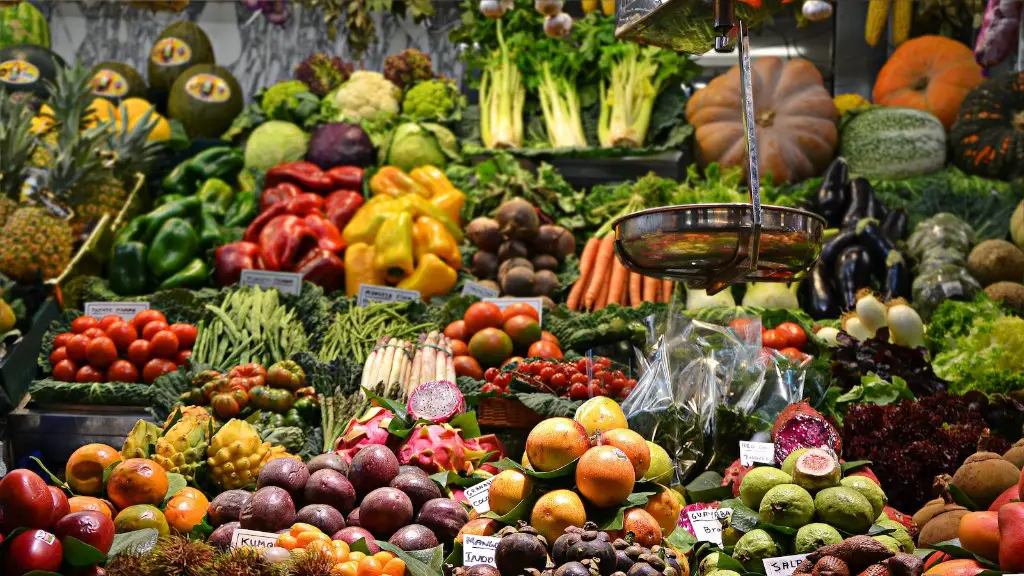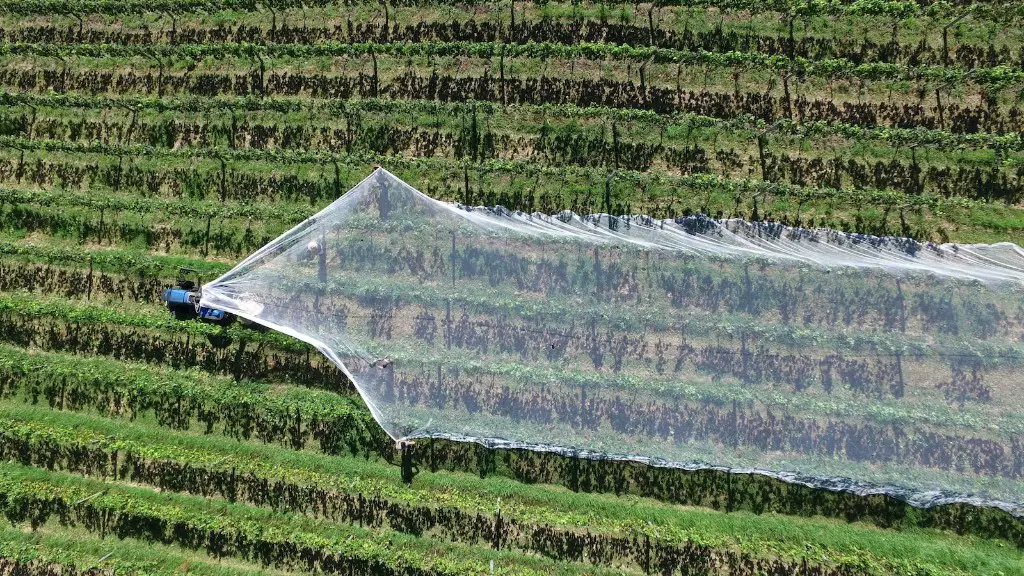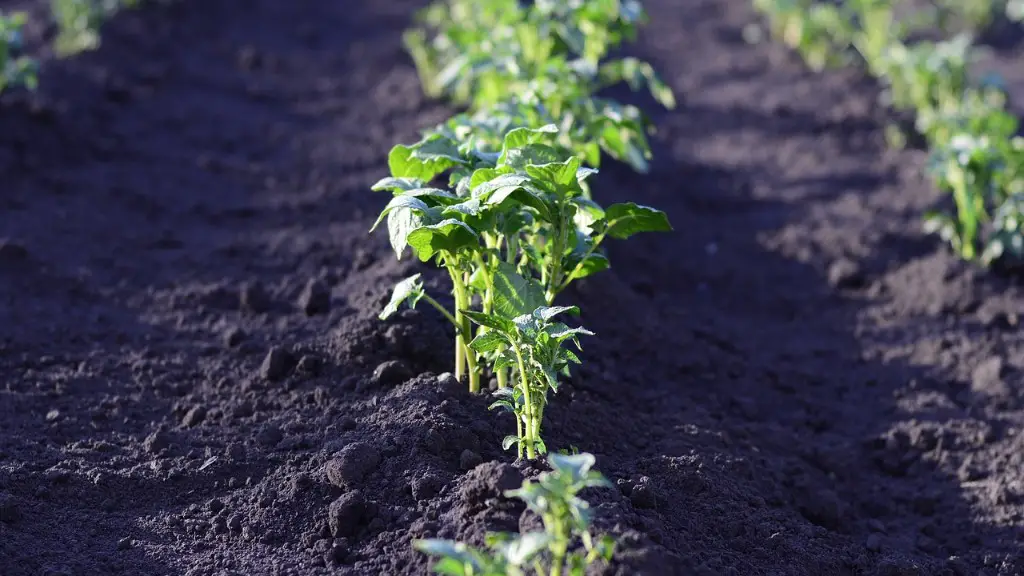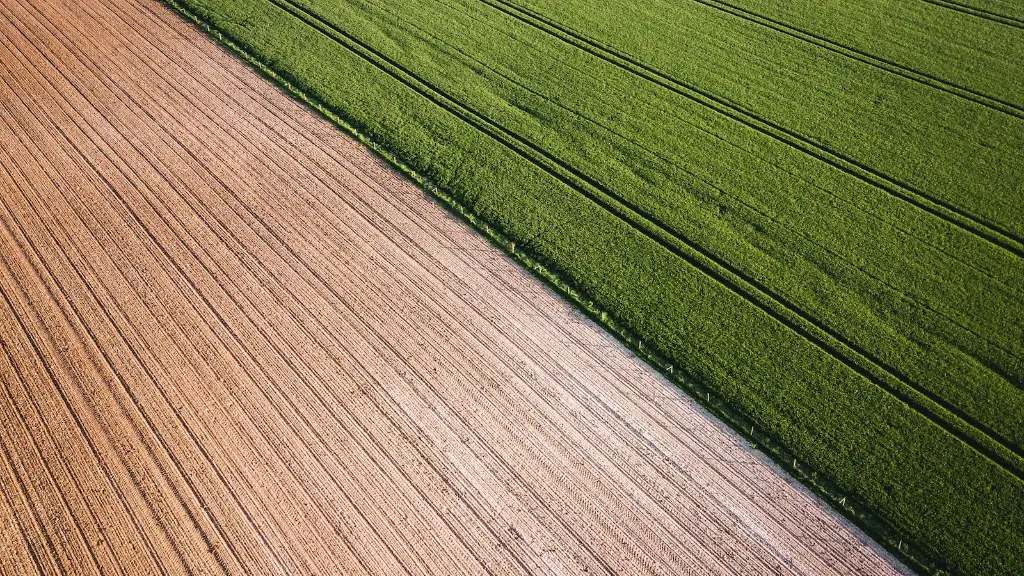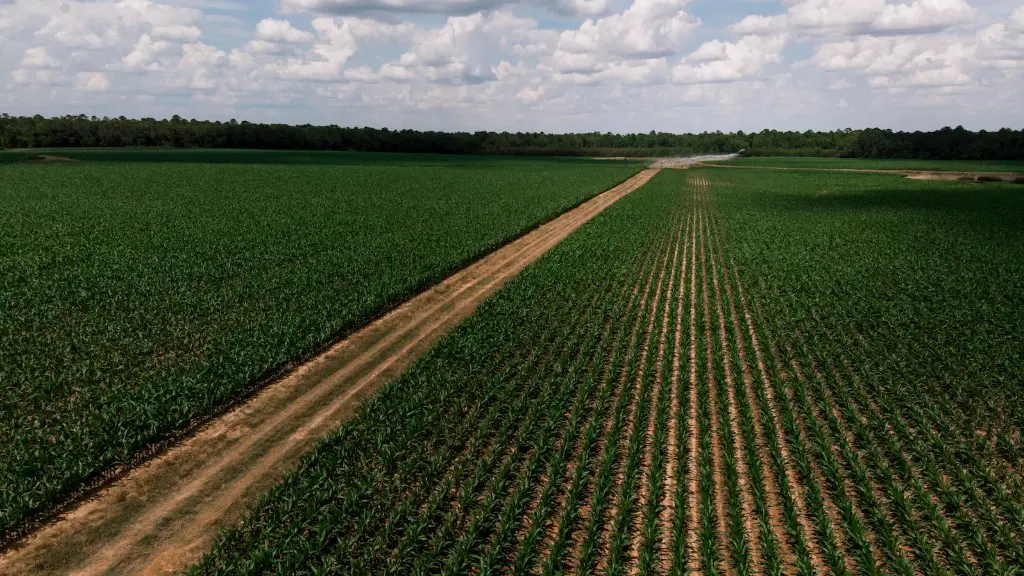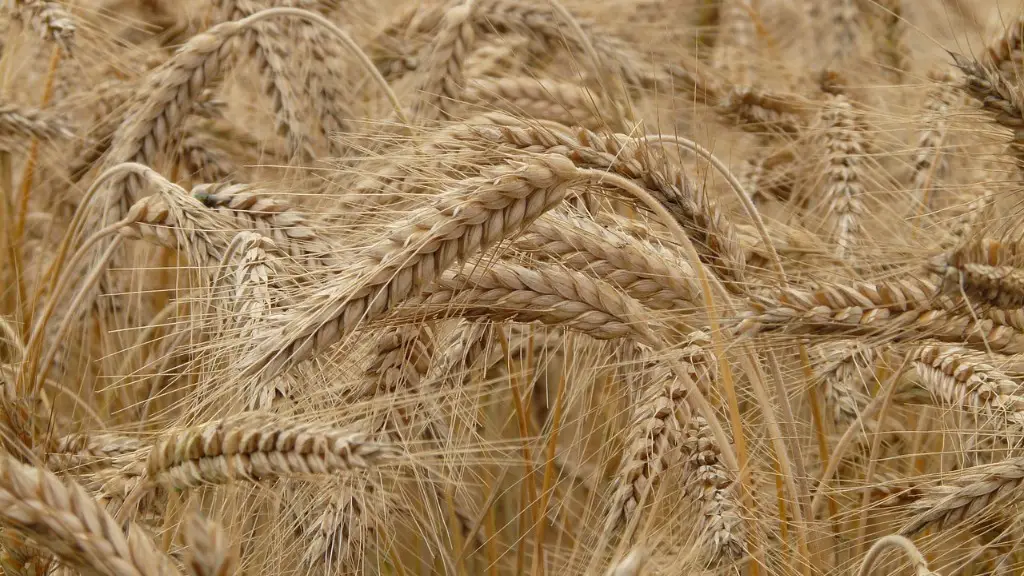Who Was the Greek God of Agriculture?
Greeks believed in many gods—notably the twelve Olympians led by Zeus and including the god of agriculture, Demeter. She is usually depicted as a matronly figure with a cornucopia, grain or wheat in hand, often accompanied by a donkey, a mule, a pig, a serpent or a dove. Demeter was one of the most important goddesses of antiquity—not only in the agricultural context, but also in mythology, cult and cultic practices, and Athenian law. Even though Demeter was mainly associated with agriculture, her powers touched on human activities related to fertility, healing, and justice.
Demeter was the daughter of titans Kronos and Rhea; she was the sister of Zeus. Demeter’s name likely comes from the dative “da”, meaning “earth” and the prefix “meter”, which would make her the “Mother Earth”. In the Homeric Hymns, she is also called “rich haired” or “Demophoona”, a name that does not seem to explain her role, but rather to be more of a poetic figurative expression. The goddess was mainly venerated in Arcadia, Arcas, Elis, and the islands of Lesbos and Crete; she was particularly worshiped in Eleusis and the island of Sicily.
Demeter was an old goddess; in Hesiod’s Theogony, Zeus threatened her that he would make her marry, but she denied any kind of liaison with a god or a mortal. According to the myth, she was the one who taught mortals agriculture and the mysteries of the harvest, but also the art of baking bread. The myth says that when Hades, the ruler of the underworld, abducted her daughter Persephone, Demeter was so devastated and angry that she made the whole earth infertile. She later found her daughter and agreed to bring fertility back to the land, which led to the myth of Demeter’s descent into the underworld and rebirth, which reflects the seasonal cycle of vegetation.
Demeter was often portrayed with her daughter Persephone, associated with both the rebirth of life and the seeds of vegetation. The myth of Demeter was used to explain the rituals of the Eleusinian mysteries, the mysteries of Demeter that were celebrated every five years and which dealt with the descent of the goddess into the underworld and her escape from it. It was a symbolic story about the alternation of life and death.
As a goddess associated with many aspects of life, Demeter was also associated with peace, justice, and law. In Athenian law, her powers were associated with the resolution of disputes. She was also a healing goddess, associated with health, herbs, and cures. Her connection to healing was so strong that taking oaths in her name was a practice in ancient Greece.
Demeter was also venerated in mystic cults and was often associated with the cult of Dionysus. Her shrines usually included a source of water, plants, and a sacred spring. Additionally, many coins depict Demeter and show her various attributes, such as a torch and a cornucopia.
Heracles and Demeter
The myth of the Eleusinian mysteries includes a story of the hero Heracles who, on one of his labours, was sent by Eurystheus to free Theseus from Hades’ grip. On his way, Heracles stopped at Eleusis and asked Demeter for her daughter’s hand in marriage.
Demeter refused Heracles’ request, but she was so touched by his cleverness that she made him a gift. She gave him a golden chariot and she gave the Eleusinian youths a bundle of wheat. This was a symbolic gesture of her approval of the culture of nurturing and flowing northwards.
Heracles then asked if he could produce corn, and Demeter agreed. From then on, wheat and barley were cultivated in the lands of Greece and some other lands. This story demonstrates Demeter’s role as a Goddess of Agriculture.
Demeter has played an important role in the mythology of the Greek world. Her attributes were many, but she was most closely associated with fertility, rebirth, justice and law. She was especially venerated because she was responsible for bringing abundance and prosperity to the land through her abundance of corn and grain.
Demeter and Persephone
A popular myth in ancient Greece was the story of Demeter and Persephone. This myth was an important part of the Eleusinian Mysteries, which were held in Demeter’s honour. The myth tells of Demeter’s search for her abducted daughter, Persephone, and the circumstances of Persephone’s eventual return to her mother’s embrace.
Persephone was playing in a meadow when Hades, the Ruler of the Underworld, saw her and abducted her. Demeter was devastated and searched for her daughter for many days. Eventually, she discovered that Hades had abducted Persephone and vowed to avenge her daughter.
Demeter withheld her blessings from the land and crops stopped growing, resulting in a period of famine and death. Finally, Zeus agreed to a compromise with Hades. He arranged for Persephone to spend part of the year with her mother and part with Hades. This compromise satisfied both Demeter and Hades and the crops began to grow again.
This myth symbolizes the changing of the seasons: Demeter is the Goddess of vegetation, and the return of Persephone symbolizes the cycle of spring, summer, fall and winter. The myth also symbolizes death and rebirth. The story has been used to explain the Eleusinian mysteries which were meant to bring spiritual enlightenment.
Demeter and Homeric Hymns
The Homeric Hymns are a collection of Ancient Greek poems in honour of various gods and goddesses. Of particular relevance is the hymn dedicated to Demeter. This poem is a dialogue between Demeter and the goddess of fertility, Tmestus, and is chanted at the beginning of the mysteries at Eleusis.
The poem is replete with descriptions of the grief of Demeter and the pain she felt at the abduction of her daughter Persephone. It also describes Demeter’s refusal to accept gifts from kings and the vows she made to punish the men responsible. The myth describes Demeter’s anger and her eventual joy when her daughter is allowed to return, symbolizing the cycle of death and rebirth.
The Homeric Hymn is also significant for its description of the Eleusinian Mysteries, the secret rites that were known only to initiates. The poem is also a remarkable example of early Greek poetry and its influence is visible in works by later writers such as Aristophanes and Euripides.
Symbology of the Demeter
Demeter was one of the most important goddesses in ancient Greece and was associated with many aspects of life. She was the goddess of agriculture, fertility, justice and law. Her powers were associated with the natural cycles of death and rebirth and she was intimately connected to the Eleusinian mysteries, which formed an important part of Greek life and culture.
The myth of Demeter is closely linked to the myth of her daughter Persephone and the symbolic significance of the myth is reflected in the Eleusinian mysteries. Many of her symbols are still relevant today, such as the cornucopia, which symbolizes abundance, and the donkey, which symbolizes both stubbornness and fertility.
As a goddess of justice and law, Demeter was also associated with the resolution of disputes, and the taking of oaths in her name was a common practice in Ancient Greece. She was also venerated as a healing goddess, associated with health, herbs and cures.
Demeter’s Influence on Modern Day Agriculture
The myths and cultic practices associated with Demeter have had a long-lasting influence on modern day agriculture. The emphasis on harvesting and cultivating crops, as seen in the myth, is still an important part of agriculture today.
In addition, the concept of the cycle of life and death and the idea of rebirth, which were symbolized in the myth of Demeter and Persephone, is still relevant today. The cycle of the seasons and the changing of the weather are phenomenons that are still seen in modern-day farming and agriculture.
Furthermore, the influence of Demeter is seen in the concept of justice, which was closely associated with the goddess. In modern-day farming, justice is still an important factor, especially in terms of fair wages and labor rights as well as in terms of environmental protection.
Finally, the influence of Demeter is seen in the cultivation of herbs and natural cures, which is still an important part of modern day agriculture. Herbs, in particular, are big business in modern day farming, with many farmers cultivating a variety of herbs to be used in medicinal products, teas and other products.
